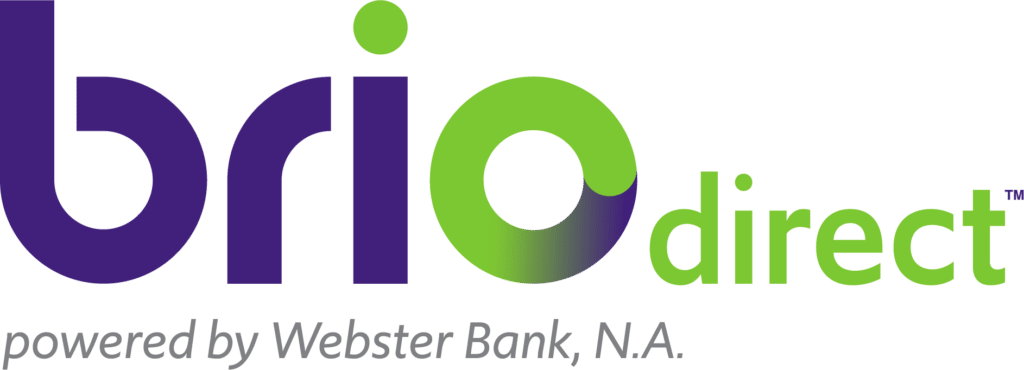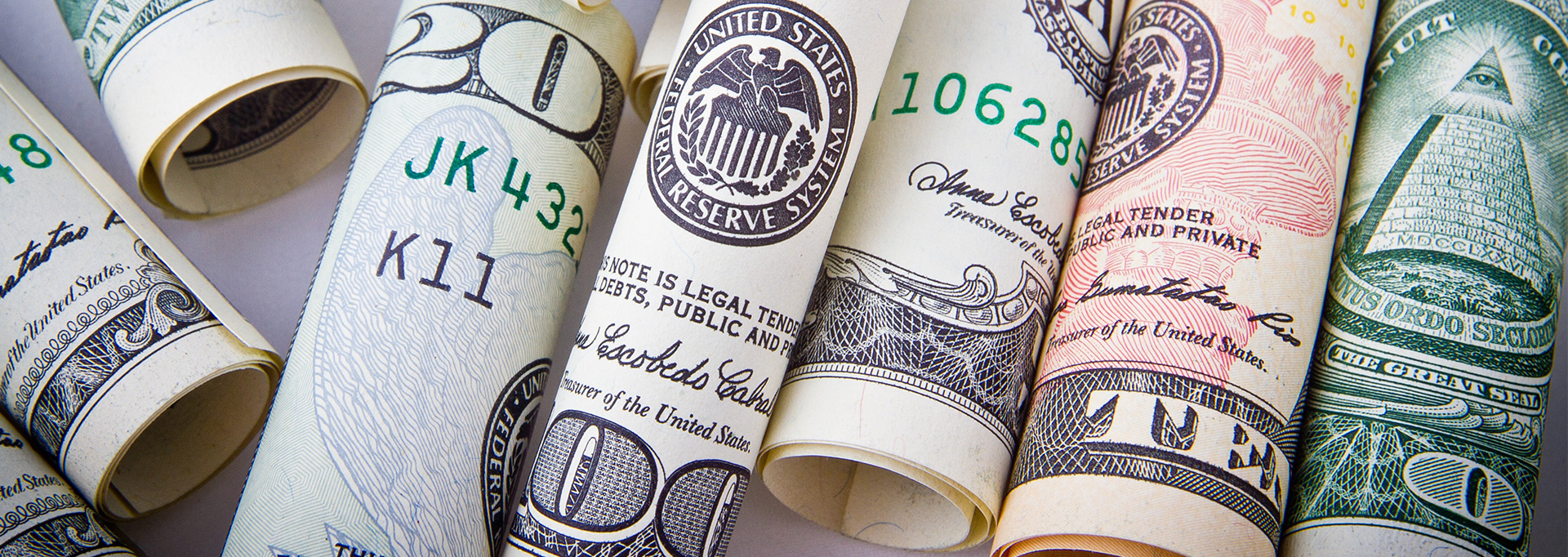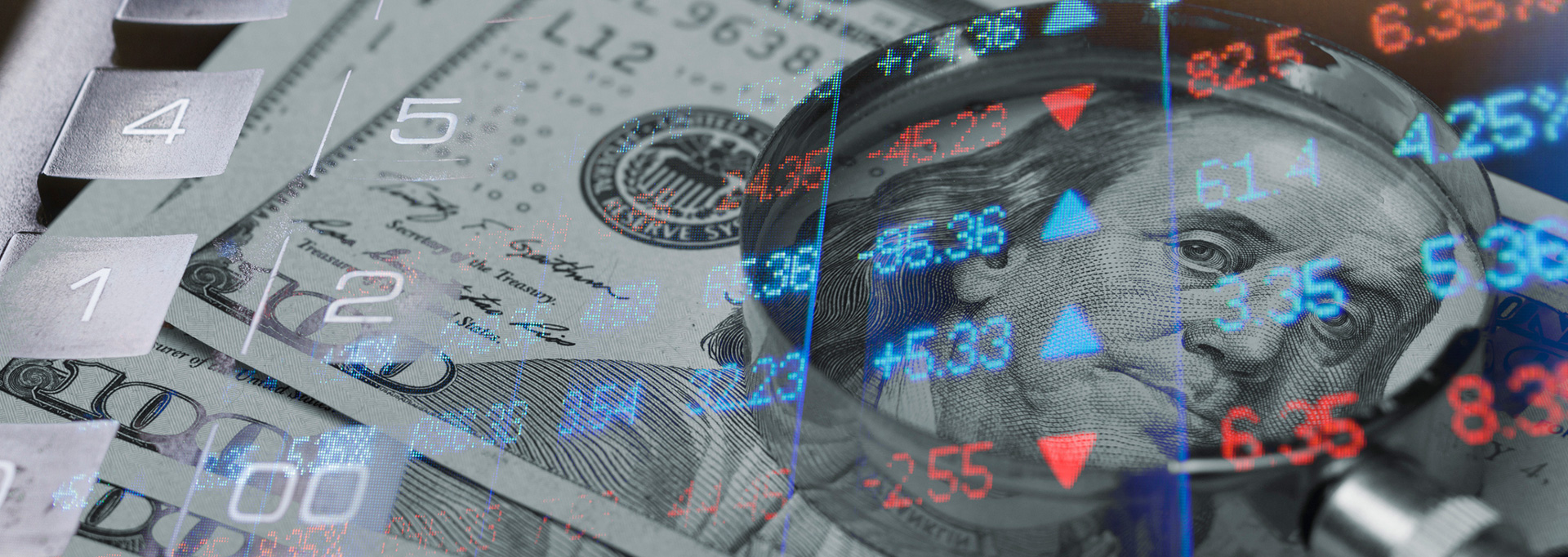Most products on this page are from partners who may compensate us. This may influence which products we write about and where and how they appear on the page. However, opinions expressed here are the author's alone, not those of any bank, credit card issuer, airline or hotel chain.
When you open a certificate of deposit (CD) with a financial institution, you agree not to touch the money you deposit in the account for a set period of time. In exchange for avoiding withdrawals during your CD term, you earn guaranteed, fixed interest on your money—often at a higher rate than you would receive elsewhere.
Eventually, your CD will mature (the term ends). At that point, you will need to decide what to do with your money next. In fact, it's wise to start thinking about your next money moves before this CD maturity date arrives. Below are five potential options to consider, along with some pros and cons associated with each choice.
Open a New CD
There are many benefits to including certificates of deposit in your investing and savings portfolio. While these deposit accounts may not be the perfect fit for every situation, CDs can provide a low-risk location to store funds for certain savings goals.
If a certificate of deposit fit your financial goals in the past, it might make sense to continue using this type of deposit account in the future. Yet even if you want to keep storing a portion of your savings in CDs, you still have some work to do. In these situations, it's wise to start shopping around for the best CD rates long before your current CD matures.
Finding the best annual percentage yield (APY) on a CD might involve changing banks or credit unions. And while doing so could involve a little more legwork on your end, the effort could be worthwhile if your earnings increase.
You may also want to consider different types of CDs, including:
By taking the time to research your options up front, you can make sure you're getting the best deal for your situation. Don't assume the CD that worked best for you last time will be the right choice now.
Recommended CD Accounts
| Account | 1-Year APY | 3-Year APY | 5-Year APY | Learn More |
|---|---|---|---|---|
|
|
0.30%
Annual Percentage Yield is accurate as of April 2, 2024. Interest rates for CIT Bank's term CDs are variable and subject to change at any time without notice |
0.40%
Annual Percentage Yield is accurate as of April 2, 2024. Interest rates for CIT Bank's term CDs are variable and subject to change at any time without notice |
0.50%
Annual Percentage Yield is accurate as of April 2, 2024. Interest rates for CIT Bank's term CDs are variable and subject to change at any time without notice |
Open CD |
|
|
4.80% | 4.00% | 3.90% | Open CD |
|
|
5.00% | 4.15% | 4.00% | Open CD |
|
|
4.70% | 3.75% | 3.75% | Open CD |
|
|
4.50% | 4.40% | 4.30% | Learn More |
Let Your Bank Auto Renew Your CD
Some certificates of deposit come with a grace period after which an automatic CD renewal takes place. This grace period often lasts for around 10 days after the maturity date on your CD. However, you'll need to read the fine print in your deposit agreement to learn more. If you don't take action before the grace period expires, your financial institution might automatically roll your funds into a new CD.
Sitting back and letting the bank or credit union do the work for you may sound appealing. (Who doesn't like convenience?) However, there are some potential problems with the auto renew approach:
- Rules vary: You need to review your deposit agreement to confirm that an automatic CD renewal will occur. Many banks and credit unions have different rules.
- APY might not be competitive: If a bank rolls your cash into a new CD, you might not get the most competitive interest rate available. Another financial institution might be offering a higher APY and you could miss out.
- Term length might not fit your needs: The term on your new CD might be longer than you want. (A rollover CD will generally match the term on your previous CD, but that could be too long depending on your current circumstances.)
- Could face early withdrawal fee: If you want to access the funds from your new CD before it matures, you will likely face an early withdrawal penalty.
Consider Other Investment Opportunities
When your CD matures, it provides you with an opportunity to reevaluate your financial goals. If you're in a position to tolerate more risk with your money, you might want to think about investing your cash in other ways such as investing in mutual funds, IRAs or stocks. You can talk to a trusted financial advisor for guidance if you'd like professional insight into your specific situation.
Pay Down Debt
You work hard to save the money you store in a CD. As a result, many people don't like to think about spending that cash when a certificate of deposit matures. However, if you're carrying debt (especially high-interest debt like credit cards), you might want to crunch the numbers and evaluate whether using those funds to pay down your account balances makes sense.
According to Experian™, the average American owed $5,589 in credit card debt (Q1 2022 data). So, if you're struggling with outstanding credit card debt, you're far from alone. Now, cashing in your mature CD isn't the only way to get out of debt. But it's an option worth considering.
Open a Different Type of Deposit Account
Another option to consider when your CD matures is withdrawing the funds and moving them to a different type of deposit account. This could be a good fit if your financial goals have changed or if you might need to access the cash from your CD in the near future.
Consider the following scenario. Imagine you've been saving money for a down payment on a home. Knowing that the process could take several years, you stored a portion of the cash you had already saved in a 24-month CD.
Now the CD is mature and you have put away additional funds in a high-yield savings account—nearly enough to reach your goal. In this situation, you might opt to withdraw the funds from your mature CD and add the money to your savings account or perhaps put all the cash into a short-term CD (depending which option offers the highest APY).
Recommended High-Yield Savings Accounts
| Bank Account | APY | Features | Learn More |
|---|---|---|---|
|
|
5.30%
*Annual Percentage Yield (APY) is accurate as of 6/4/2024. Rate is subject to certain terms and conditions. You must deposit at least $5,000 to open your account and maintain $25 to earn the disclosed APY. Rate and APY may change at any time. Fees may reduce earnings. |
$5,000 min. deposit |
Open Account |
|
|
5.15%
UFB Direct breaks balances into five tiers, but, currently, there is only one interest rate. |
No minimum deposit |
Open Account |
|
Member FDIC |
0.50% - 4.60%
SoFi members with Direct Deposit or $5,000 or more in Qualifying Deposits during the 30-Day Evaluation Period can earn 4.60% annual percentage yield (APY) on savings balances (including Vaults) and 0.50% APY on checking balances. There is no minimum Direct Deposit amount required to qualify for the stated interest rate. Members without either Direct Deposit or Qualifying Deposits, during the 30-Day Evaluation Period will earn 1.20% APY on savings balances (including Vaults) and 0.50% APY on checking balances. Interest rates are variable and subject to change at any time. These rates are current as of 10/24/2023. There is no minimum balance requirement. Additional information can be found at http://www.sofi.com/legal/banking-rate-sheet. |
No minimum deposit |
Open Account |
|
|
5.00%
Earn 5.00% APY on balances over $5,000. Balances of less than $5,000 earn 0.25% APY. Annual Percentage Yield is accurate as of May 6, 2024. Interest rates for the Platinum Savings account are variable and subject to change at any time without notice. |
$100 minimum deposit |
Open Account |
Next Steps When Your CD Matures
Your best bet is to plan ahead and try to figure out what you want to do with your cash before your CD matures. By doing your research in advance, you'll have more time to weigh different options.
Not sure where to begin? The guides below can be a great place to start.

























